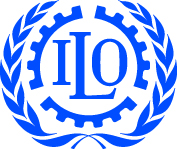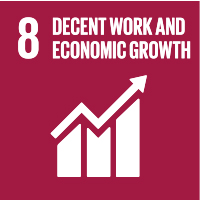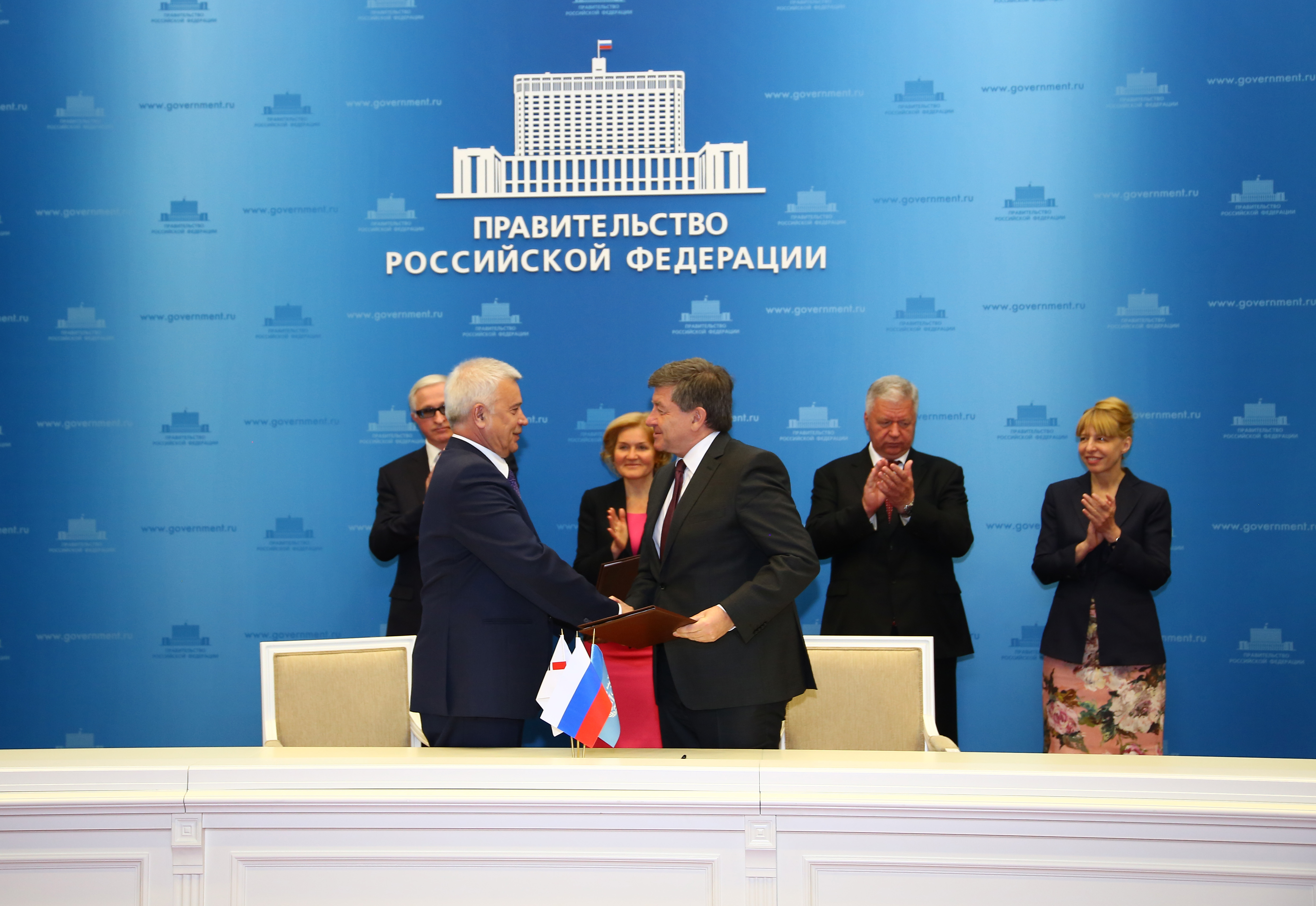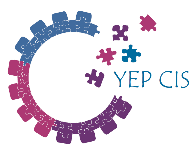Partnerships for Youth Employment in the CIS
The objective of Partnerships for Youth Employment in the Commonwealth of Independent States (2018-2022) is to improve the effectiveness of policies and programmes promoting decent jobs for young people in the CIS countries. This includes developing joint approaches to address youth employment issues common to the CIS countries and enhance the existing mechanisms for regional cooperation on youth employment. The project is implemented by the International Labour Organization (ILO) with financial support of the Russian company LUKOIL.








